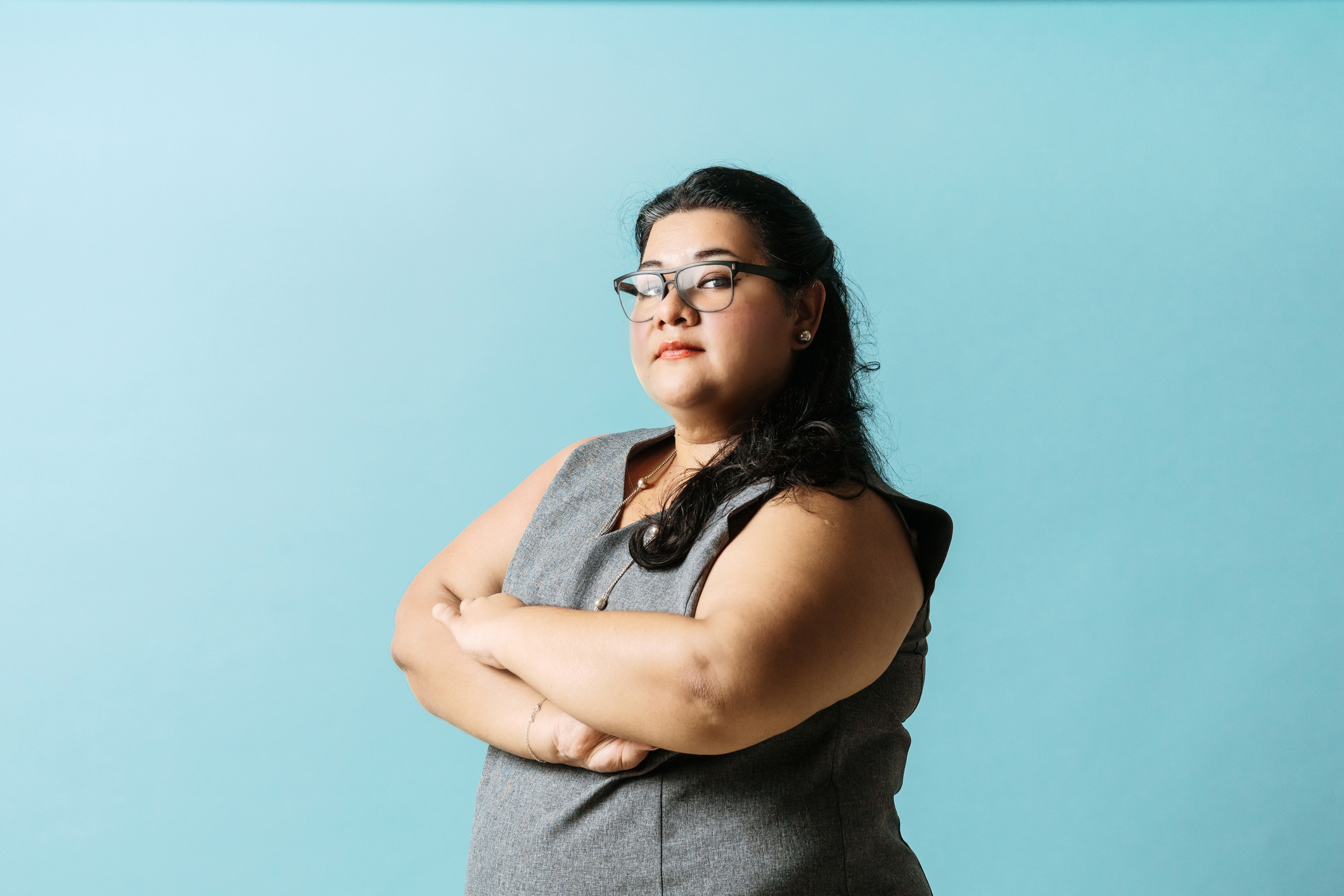Get Easy Health Digest™ in your inbox and don’t miss a thing when you subscribe today. Plus, get the free bonus report, Mother Nature’s Tips, Tricks and Remedies for Cholesterol, Blood Pressure & Blood Sugar as my way of saying welcome to the community!
The one factor that outweighs obesity-related cancers

Being overweight has been synonymous with poor health for decades.
And that leaves a lot of people with mixed feelings… especially if you’re one of the 1 in 3 adults in the US who’s first been labeled obese — and then made to feel like a poster child for all that’s unhealthy.
Being overweight and having obesity has been linked with a higher risk of certain types of cancers, including colorectal cancer and multiple myeloma, as well as cancer of the uterus, kidneys and liver.
But after forty years of data tracking, health may not be as we picture it.
An international group of researchers has concluded that there’s much more causing the risk of these cancers to jump — regardless of weight…
Weight versus metabolic factors
Researchers from Sweden, Germany, Norway, and Austria have published a study on how metabolic health affects the risk of obesity-related cancers.
“Being metabolically unhealthy is often linked to obesity, but you also don’t have to be overweight to have a metabolically unhealthy status. Therefore, it is relevant to study how this status plays a role in the relationship between BMI and obesity-related cancer,” says lead researcher Dr. Tanja Stocks of Lund University in Sweden.
The study included data from health surveys and national registries from nearly 800,000 people gathered from 1972 to 2014.
Participants were given a metabolic score based on data regarding their blood pressure, blood glucose, and triglycerides. This score determined whether they were metabolically healthy.
And, based on their BMI, the same participants were divided into three categories: normal weight, overweight, or obese.
During a follow-up period that lasted up to forty years, 23,630 people were diagnosed with obesity-related cancers. And the devil was in the details…
First, it came as no surprise that individuals with a higher BMI ran a higher risk of cancer.
But being metabolically unhealthy without being obese or overweight also increased cancer risk — significantly.
However, the highest-risk group included people with “metabolically unhealthy obesity.” In other words, people who were both obese and metabolically unhealthy.
This combination was associated with the highest risk for cancer of the liver and kidney and, for women, endometrial cancer.
Changing how we think about weight and health
“The study shows the importance of assessing different metabolic risk profiles in addition to obesity, in order to be able to identify the groups that can benefit most from interventions to reduce their risk of suffering from obesity-related cancers,” says Ming Sun, Ph.D. student and first author of the study.
This news might hit harder for those who have been walking around with a false sense of security because they were labeled as healthy just because they weren’t heavy.
If that sounds like you, at your next checkup, don’t let your doctor make the same assumption. See where your blood sugar, triglycerides and blood pressure stands. If your numbers are “ok” but starting to creep up, get serious about making changes to your lifestyle before things progress.
If obesity is already a problem, you’ve got to work harder at both of these issues because the stakes are even higher. Because weight can contribute to diabetes and blood pressure, you have to make a plan with a broad impact, but set realistic goals and seek professional help if needed.
Editor’s note: Did you know that when you take your body from acid to alkaline you can boost your energy, lose weight, soothe digestion, avoid illness and achieve wellness? Click here to discover The Alkaline Secret to Ultimate Vitality and revive your life today!
Sources:
Metabolic health plays role in obesity-related cancers — Eureka Alert
Metabolically (un)healthy obesity and risk of obesity-related cancers: a pooled study — Journal of the National












